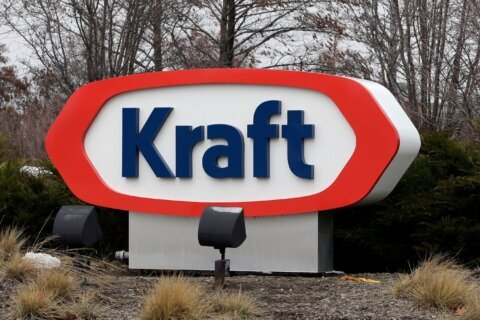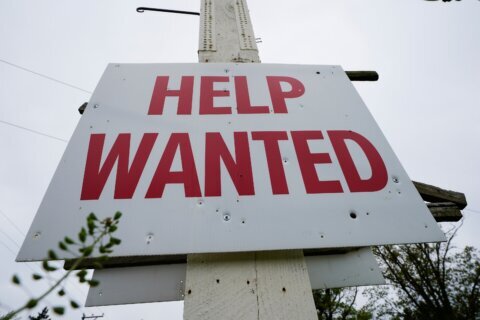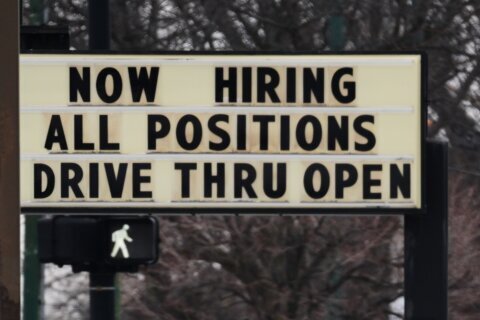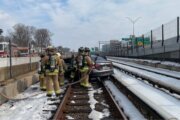American vacationers are finding just about everything significantly more expensive this summer.
Hotel rooms? Up about 44% at the end of June compared to a year earlier, according to data from hotel research firm STR. Air fares? They were 24% higher in May than in the same month last year, according to the Consumer Price Index.
Even so, many of the prices are still below where they stood in the summer of 2019, six months before the outbreak of the Covid-19 pandemic brought demand for travel to a near halt and sent prices plunging.
“Most of what people are seeing in price inflation is due to how cheap things were last year,” said Adam Sacks, president of Tourism Economics.
Most in the industry avoid making the year-over-year comparisons in the CPI. Instead they’re looking at the contrast with the 2019 price and booking levels.
But even some of those prices are back to near or even above 2019 levels, thanks to the strong rebound in demand. For example, STR shows the national average for US hotel rates in the week ending June 26 back to 99.5% of where they were at the same time in 2019.
“That’s an incredible run,” said Sacks. Only two weeks ago they stood at 93% of 2019 levels, he added.
The national average disguises some even bigger increases in vacation destinations.
“The price differences are pretty disparate,” Sacks said. “The national prices don’t really mean anything when you’re looking to travel to a specific location at a specific time.”
He said that in locations where the travel and tourism industry depend on business travel, such as New York, Chicago and Washington, prices are still well below 2019 levels, since business travel has been much slower to return than leisure travel. That suggests fare increases for leisure travelers are likely even greater than the overall numbers show, he said
“If business travel was performing anywhere near what it was in normal times, we’d be seeing record performance,” said Sacks.
Popular vacation destinations have hotel prices already going above 2019 levels. In Orlando, prices are up 6%, and in Miami they’ve jumped 48% during the week ending June 26 compared to the same time two years ago. But if you’re going to New York City, traditionally a center for business travel which also has yet to reopen Broadway shows, a major tourist draw, hotel prices are 25% below where they were in the same week of 2019, according to data from hotel research firm STR.
“You see pent-up demand to get back out on vacation pushing up travel, and prices,” said Vivek Pandya, senior digital insights manager at Adobe.
Hotels and air fares aren’t the only travel items that are more expensive.
The national average price for a gallon of regular gasoline today stands at $3.13, a seven-year high and a 44% increase from a year ago.
The most extreme example? Rental car prices, which have not only soared 110% from a year ago to record levels, but are 70% higher than even the pre-pandemic prices, according to the May Conumer Price Index.
The increase in pricing is connected to the supply of autos. To raise enough cash to survive the downturn, rental car companies sold off about a third of their fleets, and they’ve been unable to purchase the replacement vehicles this year due to a chip shortage that’s choking off new car production. Significantly smaller fleets and a rebound in demand means significantly higher prices.
Unlike the rental car companies, hotels and airlines have restored most of the capacity they shut down during the pandemic.
But bringing back capacity has been somewhat constrained by staffing difficulties. Even airlines, which pay far above the wages paid in lodging, are struggling with staffing shortages at some of their suppliers. That has forced some airlines, including American, the largest, to cut back on flights they had planned to fly this summer, adding to the upward pressure on prices.







